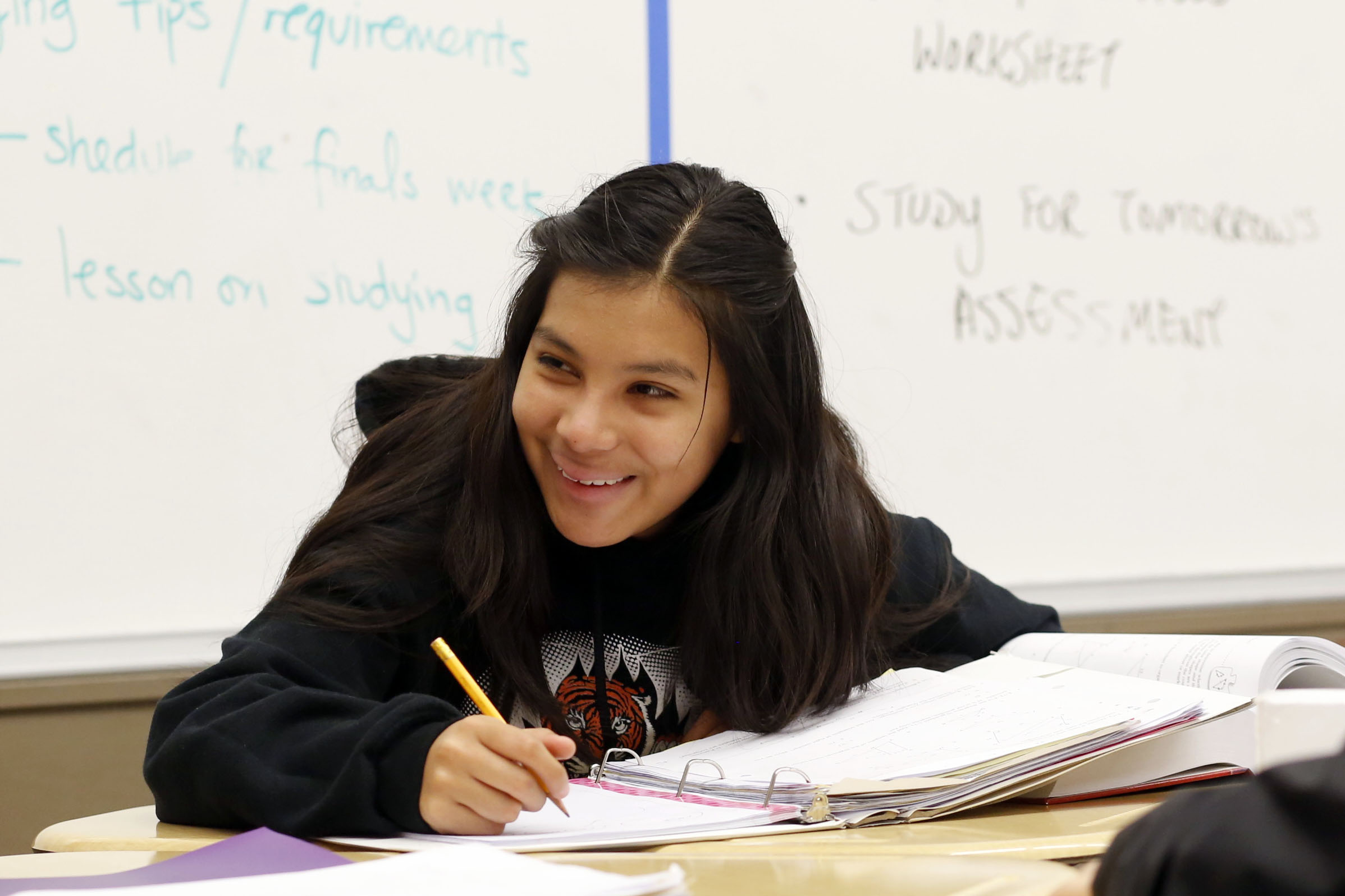
Are you already feeling overwhelmed with online school? Being organized can mean fewer missed assignments, less last-minute panic, and more efficient use of your precious study time
We’re now several months into the school year, but that doesn’t mean everyone is fully adjusted to their new classes in an online (or hybrid) environment. There’s a lot of stuff to juggle, and learning how to stay organized will help you effectively use your time and feel more in control.
First, let’s look at how teachers are giving information about assignments, quizzes, and tests to you. They used to tell you about it in class or give you a handout. Now, it’s likely that you get this information through email, Google Classroom, and/or your school portal. Get a handle of your email by archiving email for things you’ve taken care of, deleting email that you know you don’t need anymore (example: someone emails you a file and you have already downloaded that file onto your computer), and starring (or flagging) emails that you have read but can’t take care of right away. If you do this, your inbox will be less cluttered, and you can quickly see what you need to take care of by looking for the starred emails that stand out. If your teachers post assignments on a school portal/website, you can sort your assignment list by due date to see what assignments need your immediate attention. Finally, you might be surprised how much stuff on paper you’ll still have with online learning. Organize them in a big binder with dividers or a separate binder for each class. Trust me, not having to waste 10 minutes hunting down something in a loose pile of papers will make it all worth it.
Sometimes it can feel overwhelming to have information coming to you from lots of different places: during class, through email, posted on your school website, and extracurriculars. I highly recommend consolidating all of that into one place so that you can check one thing every day after school to see what you need to do. There are a couple of ways to do this, so pick what works best for you. You can write down everything as you learn of it in a paper or digital planner. As a bonus, the act of putting something in a planner will help you remember it much better than just passively reading or hearing about it. Similarly, you can also put assignments in as events in your smartphone’s calendar. This has the benefits of giving you notifications and being accessible from more than one device. If you find it hard to get in the habit of checking a planner or you don’t have a smartphone, what about writing things down on a whiteboard in your room? It’s pretty hard to ignore a to-do list that’s huge and right in front of you! You can use masking tape to divide up the whiteboard into sections for each class.
Regardless of what method you use, don’t forget to cross out or erase the tasks after you finish them (so satisfying!), which will keep your desk and inbox clutter-free and ensure that you’ll always be looking at something important. If you don’t get to finish something on your list for the day, move it to the next day so you won’t forget. Also, don’t just look at the items for the current and next day; look at the week ahead to see if there are any projects or big assignments you need to plan for. In fact, a great idea is to break down a project into tasks and then put the tasks as separate events in your calendar. For example, you could do research on Tuesday, design your poster on Wednesday, and practice on Thursday what you’re going to say. That’s a lot better than just writing down “Science Presentation” on Friday and then freaking out on Thursday night!
I hope these tips can help you make school more manageable. As with all new habits, it can take a while before it starts to feel like a natural part of your routine. But keep at it, and I promise you that it will pay off -- not just for this year but also in the years to come, when things get tougher and you take on more responsibilities.